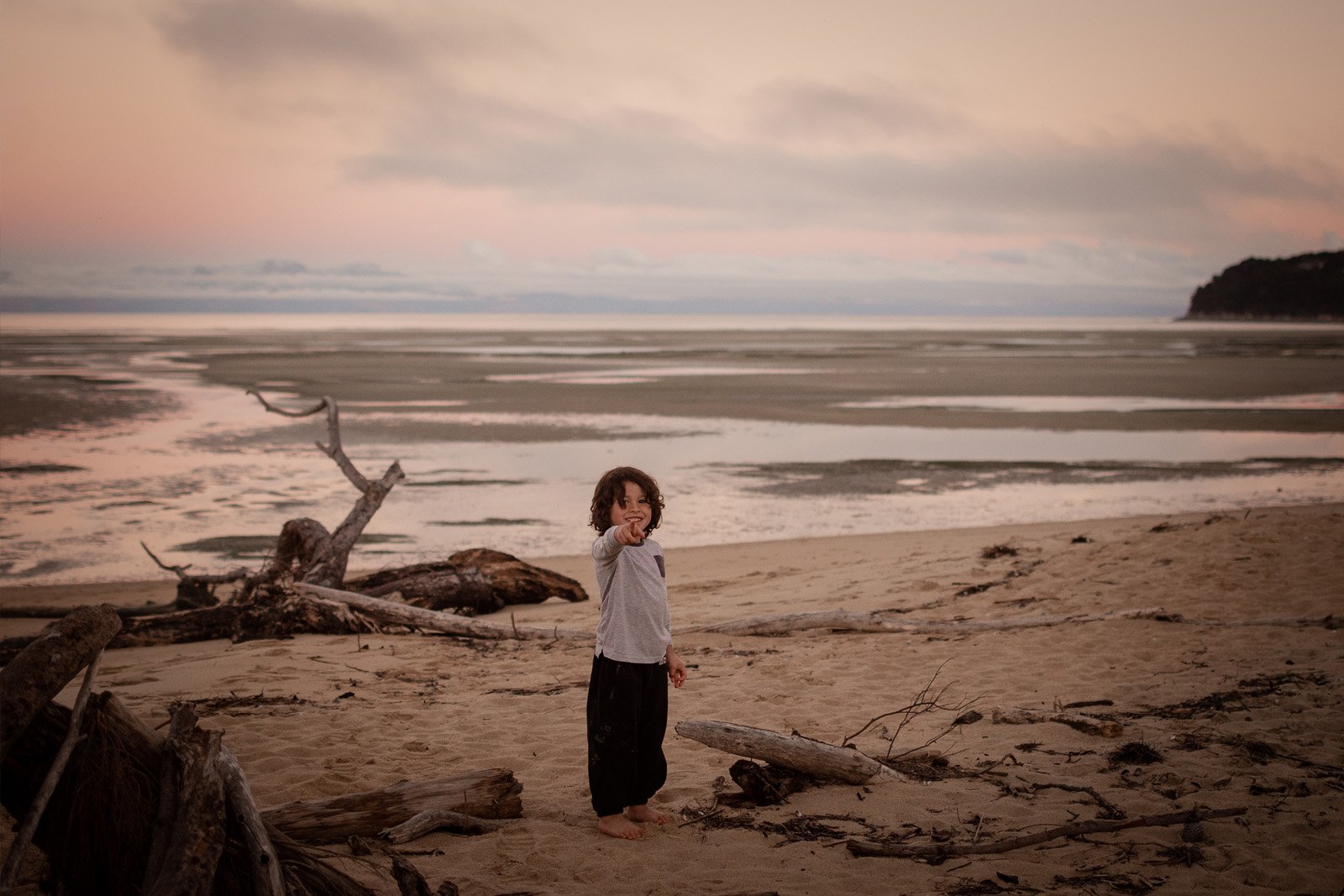Fundamental to our identity is our connection with place.
We whakapapa to our ancestral lands and waters and see them as a part of us, as our ancestors. This understanding underpins our approach to our environment and our use of resources.
Whatungarongaro te tangata, toitū te whenua
As people disappear from sight, the land remains
The climate change projections for Te Tauihu Nelson-Tasman areas are daunting. The rising sea levels and global warming in the years to come will result in weather extremities (droughts and storms), coastal erosion and biosecurity risks. Not only will this negatively impact our land and water, but also our ability to fulfil our kaitiaki obligations, while actively providing for the cultural, social, economic, and environmental needs of our whānau.
We are committed in our efforts to change and adapt our business practices and behaviours to ensure we are creating a climate resilient, thriving low carbon organisation.
Toitū carbonreduce certification
Wakatū is a Toitū carbonreduce certified organisation in line with ISO 14064-1. Wakatū and Kono NZ LP are proud to take science-based action for the environment with Toitū carbonreduce certification. The certification provides independent endorsement that Wakatū has measured its emissions based on standards that meet international best practice and is committed to lowering its emissions year on year.
Our science aligned goal is to reduce the organisation’s carbon footprint under its control by 2030 to 42% below 2022 levels.
Our approach to reducing emissions
Our approach to reducing greenhouse gas emissions across our organisation and businesses includes:
measuring, verifying, and reporting on our emissions footprint
having an active emissions reduction programme throughout our operations and regularly assessing opportunities to reduce emissions across our organisation
neutralising any unavoidable measured emissions that we are releasing into the atmosphere through investing in certified restorative projects in Aotearoa to allow us to be net zero by 2030
understanding our climate change risks across our organisation and businesses and taking steps to reduce or eliminate the identified risks to enable the transition to a climate resilient organisation and business models.
What are we doing
We are actively minimising our environmental footprint through initiatives like:
reducing synthetic chemicals on land for vineyards and orchards
growing indigenous crops using tikanga led regenerative principles and practices.
native replanting and restoration programme across our estate, including wetland project in Motueka
introduction of hybrid for our vehicle fleet.
Completed ETPs for Kono Horticulture and Hop Federation, guiding the shift from fossil fuels to renewable energy. This builds on ETP work done for Tohu Winery and Vineyards in FY2023.
Tohu Winery's ETP has identified initiatives like insulating hot water pipes, switching to LED lights, and planning fuel-switching projects. We will prioritise projects with strong returns and significant carbon savings. Transitioning to a low-carbon winery and vineyards involves challenges, including significant upfront investment and integrating new technologies, while ensuring energy availability doesn't hinder production.
We remain committed to transparency and sharing progress, aligning with our Whenua Ora strategy and values of kaitiakitanga and rangatiratanga.
This is the start of our carbon reduction journey, as we work to do our part to keep global temperatures within a 1.5°C increase. We are proud to take action to sustain and enhance the environment, our people, and our future.




